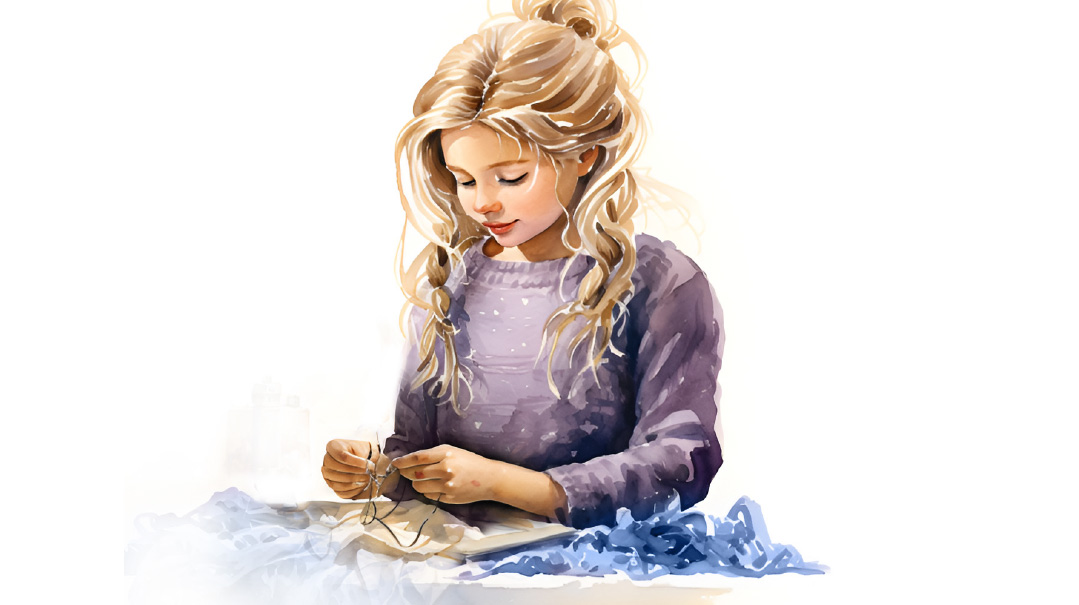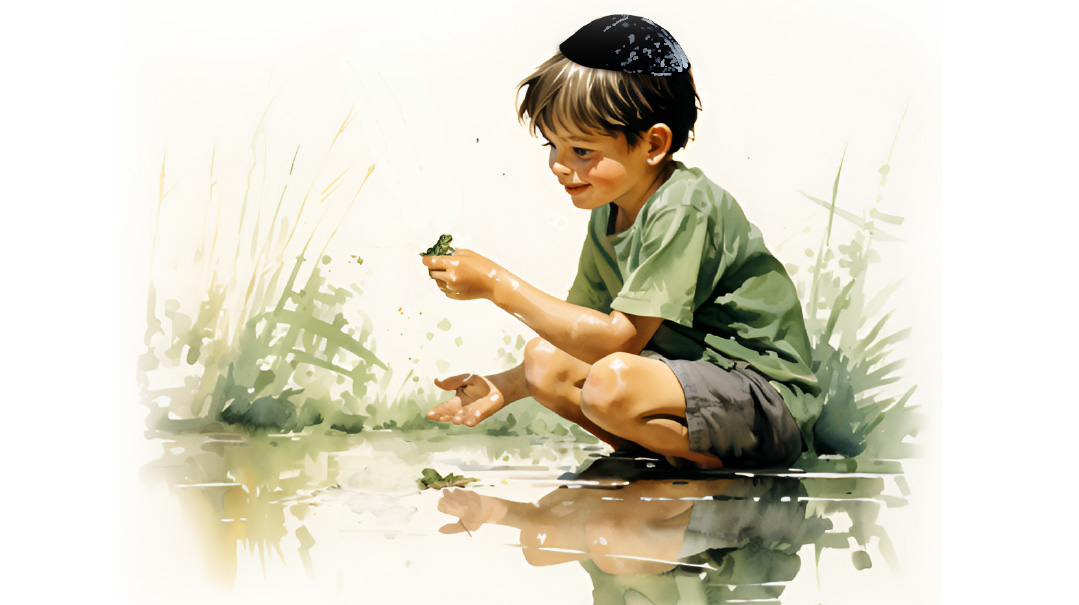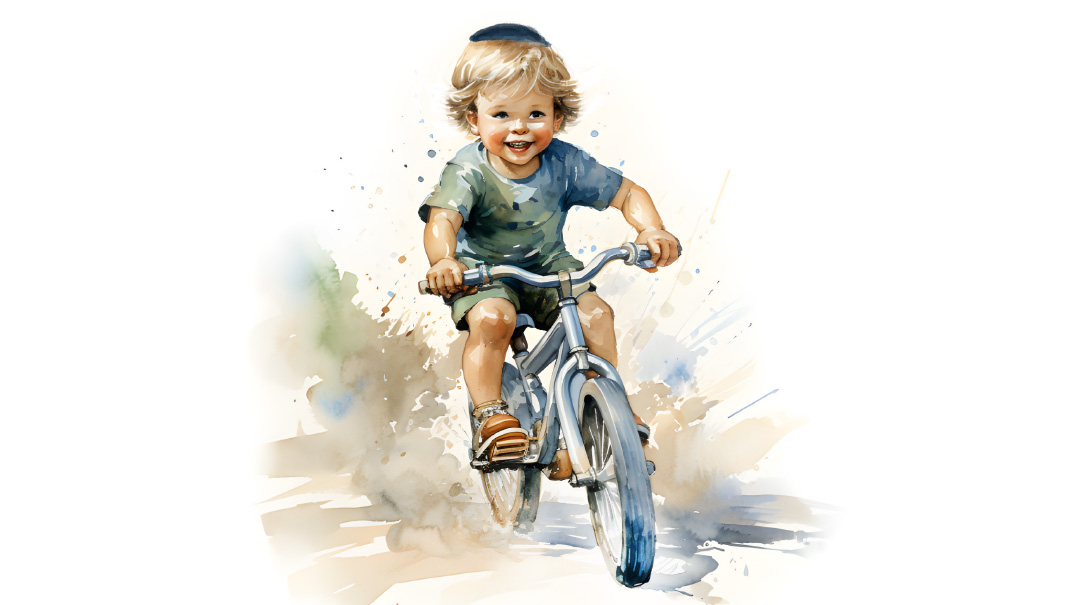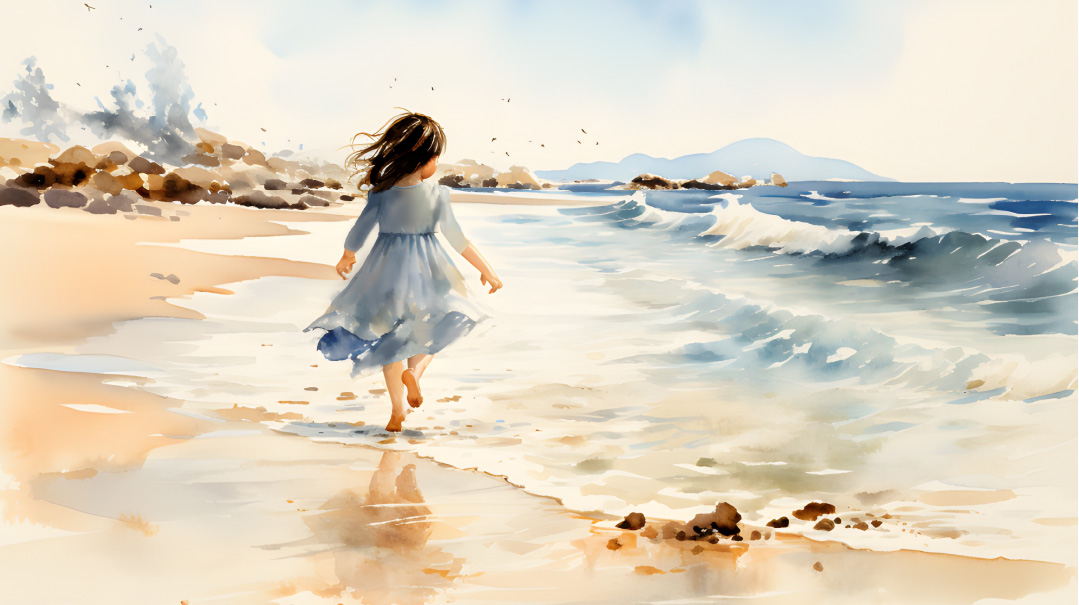Ruling the Roost
| July 25, 2023My contribution to our class news on Mondays was, “My father went to Pennsylvania,” and on Fridays, “My father came home from Pennsylvania”
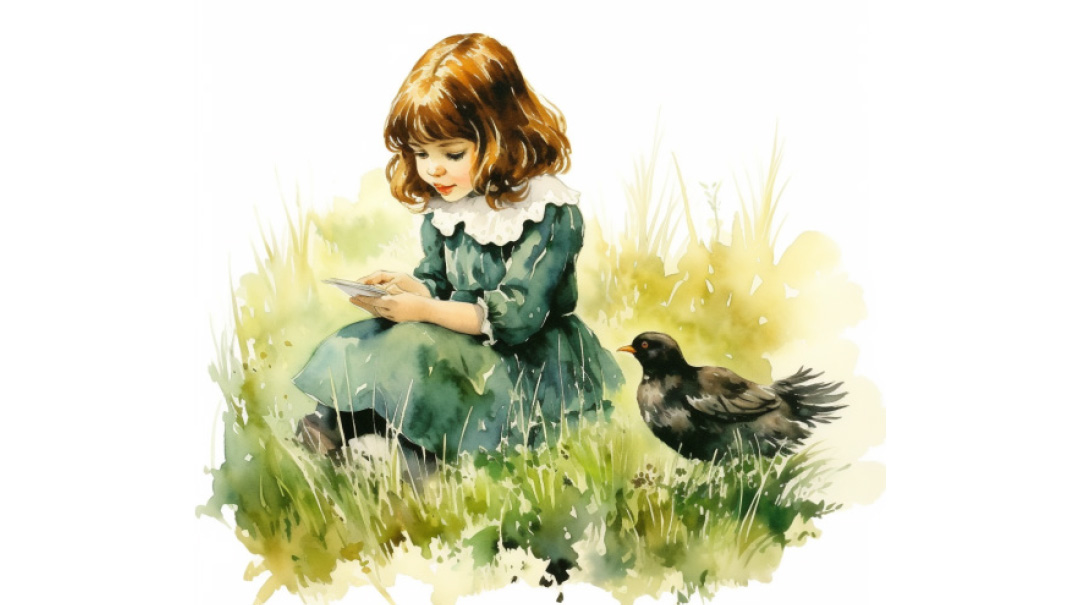
Trigger: The smell of raw chicken
Location: Mifflintown, Pennsylvania
MY parents landed in America forty years ago, my father fresh out of Yeshivas Chachmei Lublin in Bnei Brak. As a kollel yungerman, he’d studied hilchos shechitah, and he accepted a job offer at Empire Kosher Poultry in Mifflintown, Pennsylvania. His intention was to work at the job for one year to gain experience before returning to Eretz Yisrael.
While he was proficient in halachah, my father didn’t know a word of English. At the customs desk in the airport, when he was asked his name, he answered, “New York.”
But the language barrier didn’t deter either of my parents. They rented an apartment a short drive from Mifflintown, in Harrisburg, which then boasted a tiny Jewish settlement of 25 families, mainly Empire staff.
It was colony-style living, with community members hosting each other for Shabbos seudos and filling in the gap of family networks. Life was sweet and simple. If my parents found the isolation from family and limited kosher amenities challenging, they took comfort in the knowledge that this was temporary, for only one year, and they’d return home soon.
One year, however, turned into two. Into three. Into a lifetime.
When it became clear that my father would hold onto his job more permanently, my parents moved to Brooklyn and enrolled their children in school.
A four-hour drive separates Brooklyn from Mifflintown. This means that shochtim stay the week in Mifflintown and return home only for Shabbos.
While my mother a”h quickly came to love the pulsing Jewish environment and abundance of kosher shopping options in Brooklyn, my father’s absence throughout the week was a difficult adjustment. It thrust her into the reality of shouldering the hands-on responsibilities of raising a family almost entirely on her own. From children’s tantrums to clogged toilets, everything was now on her.
It was a tremendous challenge, but my mother adapted, and I never considered our lifestyle strange. If anything, it was a point of pride; my contribution to our class news on Mondays was, “My father went to Pennsylvania,” and on Fridays, “My father came home from Pennsylvania.”
There were no cell phones back then. On his way to Mifflintown, my father would stop sometime during the drive to call my mother from a payphone, assuring her he was safe and updating her about the traffic.
“Go to sleep, don’t wait up for me to get there,” he’d say, but she did anyway.
When he arrived, he would go to the Rabbis’ Room, a common room where the staff ate and spent their free time. There were always people there, and during phone conversations, we could hear the background chatter. Privacy was nonexistent.
The Empire staff was a dynamic and motley bunch; some brilliant heads, some a little eccentric, most of them immigrants. They had their running jokes and non-running systems for protecting their own possessions.
While my father was out in the boondocks shechting chickens, my mother tended to us, and the days ran smoothly; we never heard her complain. Every Sunday, she lovingly packed up my father’s ice box with meals for the week and dived right back into her sacred line of duty.
On Thursday night, my father would return — with a case of whole chickens, of course, which he divided up with his special butcher’s knife on a large plastic spread out on the counter. Then my father would try to compensate for his weeklong absence by bathing us and mopping the kitchen floor.
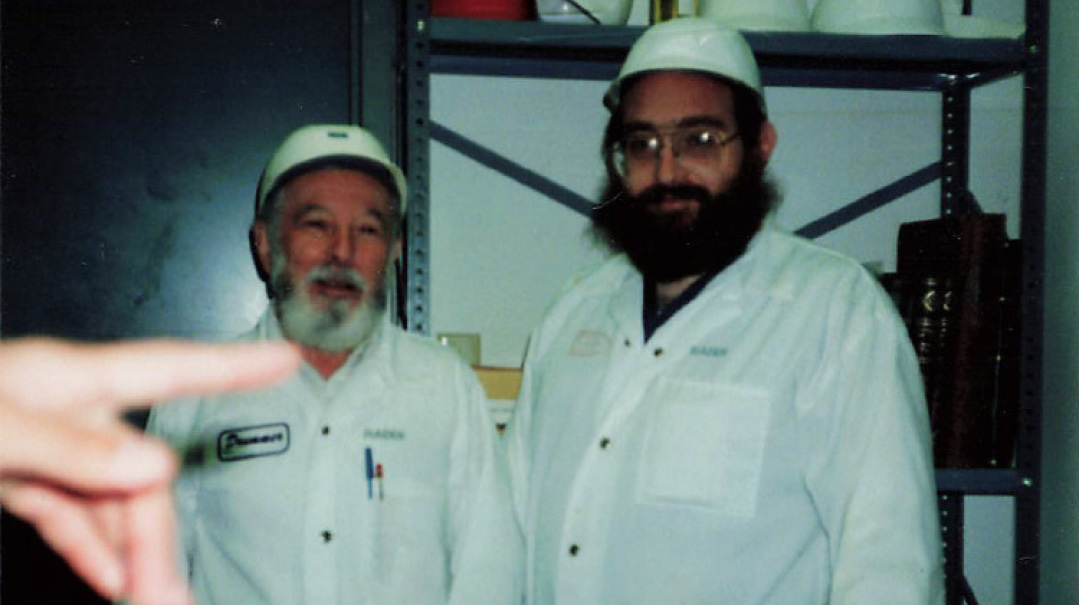
The Empire shochtim established friendships that would last a lifetime
One day at the beginning of every summer, we would load the light-blue 15-passenger van my father and the other shochtim and mashgichim used for carpooling. Despite the generous space, my parents spent a lot of time packing the trunk, because, for all the hundreds of things my mother was great at, traveling light wasn’t one of them. She packed with every eventuality in mind: surprise blizzards, power outages, food poisoning, you name it. I’m pretty sure that if we’d been forced to stay away from home for two months, we wouldn’t go hungry.
With the suitcases and ice boxes finally nestled in the trunk, we’d giddily claim our seats in the van. We were heading west, destination: Mifflintown, to observe our father’s job and get a glimpse of his life in Pennsylvania.
That trip was the highlight of our year — and the journey itself was the first thrill, equivalent to a plane flight. We enjoyed hearty sandwiches loaded with fried breaded eggplant, sour pickles, and s’chug, our family’s traditional hot pepper dip. Every few miles, my mother passed back snacks from one of our huge insulated bags. There were the pretzels, chips, and cut-up fruit, but most coveted were her homemade brownie bars and rugelach. As the van raced along, we listened to Amit Listvand’s high vocals, to children’s CDs, to Amnon Yitzchak’s shiurim. Some of us dozed off, and between naps, we passed the time playing round after round of the license plate game. (I don’t remember any fighting, but that could be selective memory.)
We drove down endless stretches of highway. Eventually, when we started trundling through vast cornfields, we knew we were nearing Mifflintown, and finally, with the sun waning, we’d arrive.
We stayed at Motor Inn, a cheap, simply furnished motel with tiny, dingy rooms and creaky beds — but to us, it was a fairyland. (Today, my siblings and I look back and laugh at our youthful innocence.) As soon as we got there, we unloaded all the suitcases and ice boxes. My mother calculated the shelf life of our food, determining what could remain in the ice boxes with constantly replaced ice and which items deserved prized fridge space.
The fun started pretty much immediately. While my mother heated up a schnitzel, rice, and corn dinner, we sat cross-legged on the enormous beds, watching Mickey Mouse or Winnie the Pooh. I marvel at this now; our generation is so careful about exposure and screen time, but back then, it just wasn’t a thing, and even though we had no screens at home, there was nothing wrong with watching innocent cartoons in a motel once a year.
The day ended with all the kids snuggling under white sheets, several per bed. Although I was zonked, it took me hours to fall asleep, afraid as I was to move lest the scratchy brown woolen quilt above the white flat-sheet touch my skin.
Most summers, different aunts, uncles, and cousins joined us on our trip. After years on the shechitah line, my father had moved on to become a bodek sakinim and rosh hashochtim. In this capacity, he facilitated jobs for many others, including my mother’s father z”l, who became a mashgiach. Naturally, my grandparents also became part of our annual summer trips.
Our itinerary varied from year to year. Some summers we drove out to Penn’s Cave, boating through the cavern in our windbreakers and pointing out interesting rock formations: “Look! The Statue of Liberty! A kos shel Eliyahu!”
We did Hershey’s Chocolate Factory, riding through the chocolate production line and inhaling the intoxicating aroma of melted chocolate, and the Anderson Pretzel Factory, where the smell of pretzels tickled our senses, sending us rooting in our bags for our kosher brands. Then there was one theme park day, where we’d ride the roller coasters of Hershey Park or Dutch Wonderland, or shake hands with the Berenstain Bears in Dorney Park.
“You’re too short for the water slides, I’ll take you paddle boating,” my father would tell me. We all laughed because we knew his magnanimous offer was an excuse not to join the adults on their ride; he was deathly afraid of heights.
We also visited Amish Country. Not to be confused with Amish Town, an official tourist attraction, Amish Country is where the Amish people actually live. My father had established relationships with them over the years, regularly visiting their markets to buy fresh fruit. On our trip, we got to watch their lives up close, how people brought their sheep to market fairs to be shorn, a traditional celebration. We saw their restaurants, lit by only candles, and we were careful to keep our cameras in our bags, because if they caught anyone holding one, they would swiftly confiscate it.
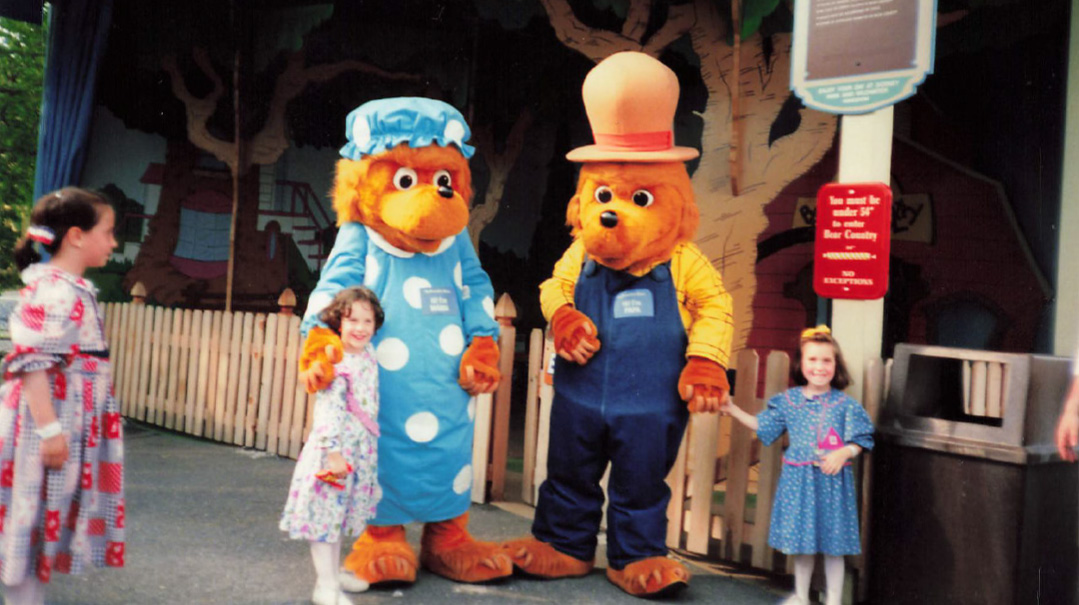
An unforgettable moment: coming face-to-face with the Berenstain Bears in Dorney Park
The highlight of our trip was always Empire’s plant, where my father proudly conducted a tour of his workplace. We started with the chicken deliveries — and the smell hit hard, immediately. We held in our breath, and when we lined up to take a picture at the plant’s entrance, we smiled without showing teeth.
My heart would constrict every time I watched a load tumble off the truck. The chickens looked confused and terrified, screeching hysterically, as though they were being sent off to, well… the slaughterhouse.
We watched the fowl get hooked up on the shechitah line. The actual slaughtering made most of us a little sick. Dressed in white protective gear and hair nets, we sloshed over the bloody ground, watching the shochtim and mashgichim at work. (After her first such tour, one of my sisters swore off chicken for the rest of her life.)
My father guided us from one section of the plant to the next. We were surrounded by huge and intricate machinery, and the noise was deafening. The smell continued to stalk us wherever we went, like a concentrated butcher’s shop. It grew milder further into the production process, thanks to the cool temperatures, the sterile environment, and the fact that we had simply gotten used to it, but I still breathed shallowly.
We watched the defeathering, the salting, the packing, and the labeling. I marveled at the peculiar jobs, and the ones who plucked the feathers the machines hadn’t caught captured my interest most. I pictured myself standing on shift doing that for hours every day; it was a harrowing thought.
If we were lucky, we also got to see the sausage production, and then we shivered our way through the cavernous freezers.
At the end of the day, my grandfather invited all of us to the Rabbis’ Room, where he picked up a huge pot of goulash that he’d put up in the morning. He also took us to the trailer to see where the shochtim slept. Each room had a narrow bed, a chair, a small chest, and a bare bulb. It was hard to fathom that this was where my father and grandfather spent the better part of the week, though they didn’t look bothered by it. Seeing it made me a little pensive, though.
One summer morning, the men went swimming in the small pool on Motor Inn’s premises. We watched our Israeli cousin flail in the water, fooling around, and we laughed. But his wife realized it was no pretense. Screaming in fear, she jumped into the pool to rescue her drowning husband. His sister, who constantly coated her face in baby powder to fight acne, looked on with tears streaming down her cheeks, trekking tracks through the powder.
“Ima’le! I had a dream! Something with Yiddy and water! Ima’le! Ima’le!” my aunt, their mother, cried.
After several summers at Motor Inn, we upgraded to Econo Lodge. It must have been the dumpiest of all Econo Lodges in the United States, but we were convinced this was a five-star hotel, and we had a blast with the amenities (read: an ice machine). At one point, I discovered a side door infested with creepy-crawlies, and I was entranced. When it was time to go home, I ran to that door, staring at the bugs in wonder, my heart already aching with longing for summer.
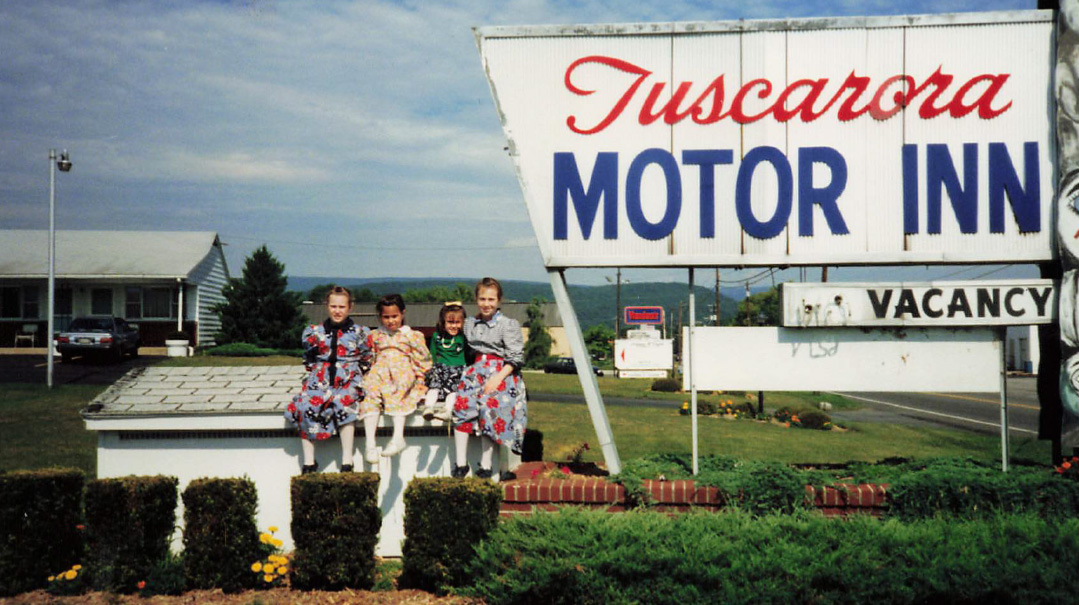
Motor Inn, a five-star hotel in our youthful eyes
These days, my father is still part of the Empire team, though he no longer walks the plant — he serves on the corporate board, visiting the facility once a week and working remotely the rest of the time. His English now is impeccable.
Forty years since my father first picked up a chalaf, he continues to bring home chicken for each of his married children. We get them neatly divided and wrapped these days; none of us would think of sectioning the poultry on our own. As I load the packages into my freezer, that scent of raw chicken transports me back to those summers of my youth, to the overwhelming smell that filled the air of the Empire plant.
The Empire logo winks up at me, and the chickens squawk, “We go back a long way, don’t we?”
Esther Adler is a freelance writer in Brooklyn, New York.
(Originally featured in Mishpacha, Issue 971)
Oops! We could not locate your form.

